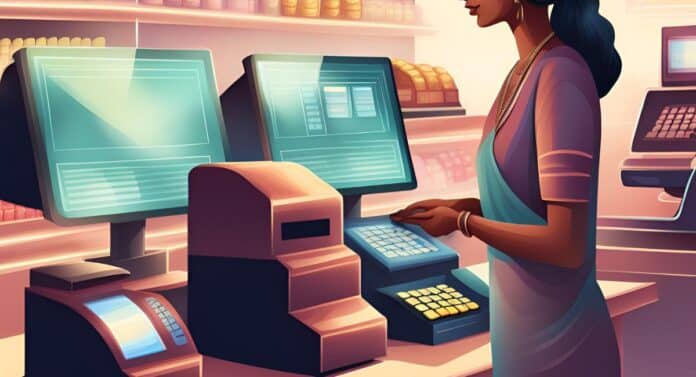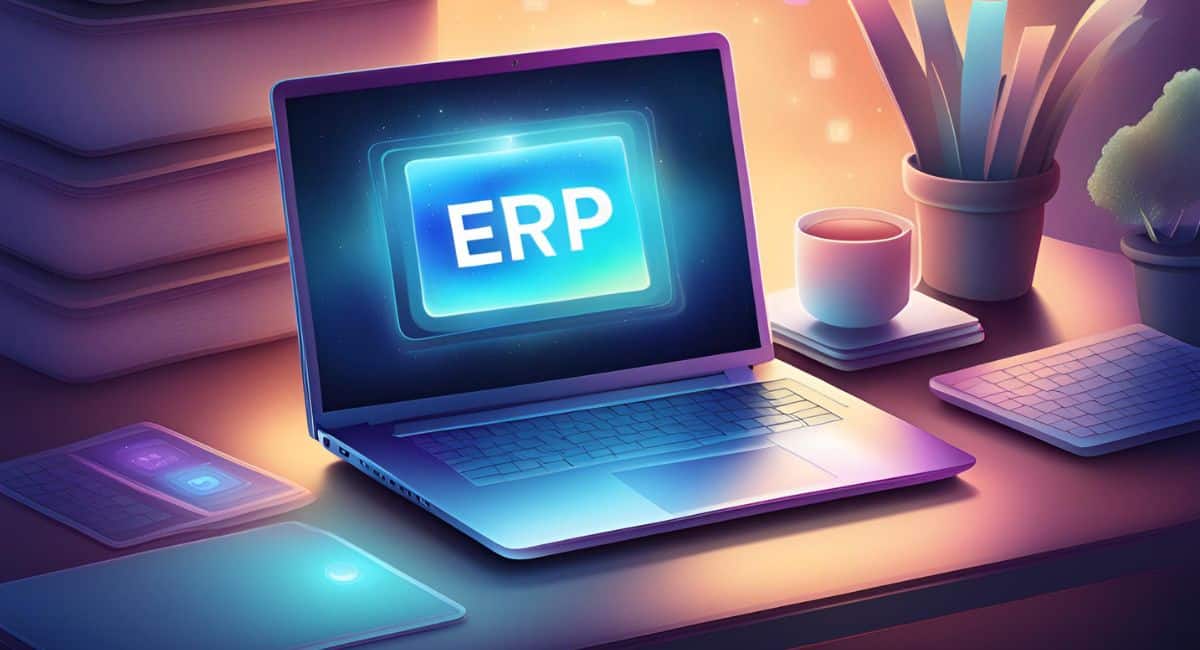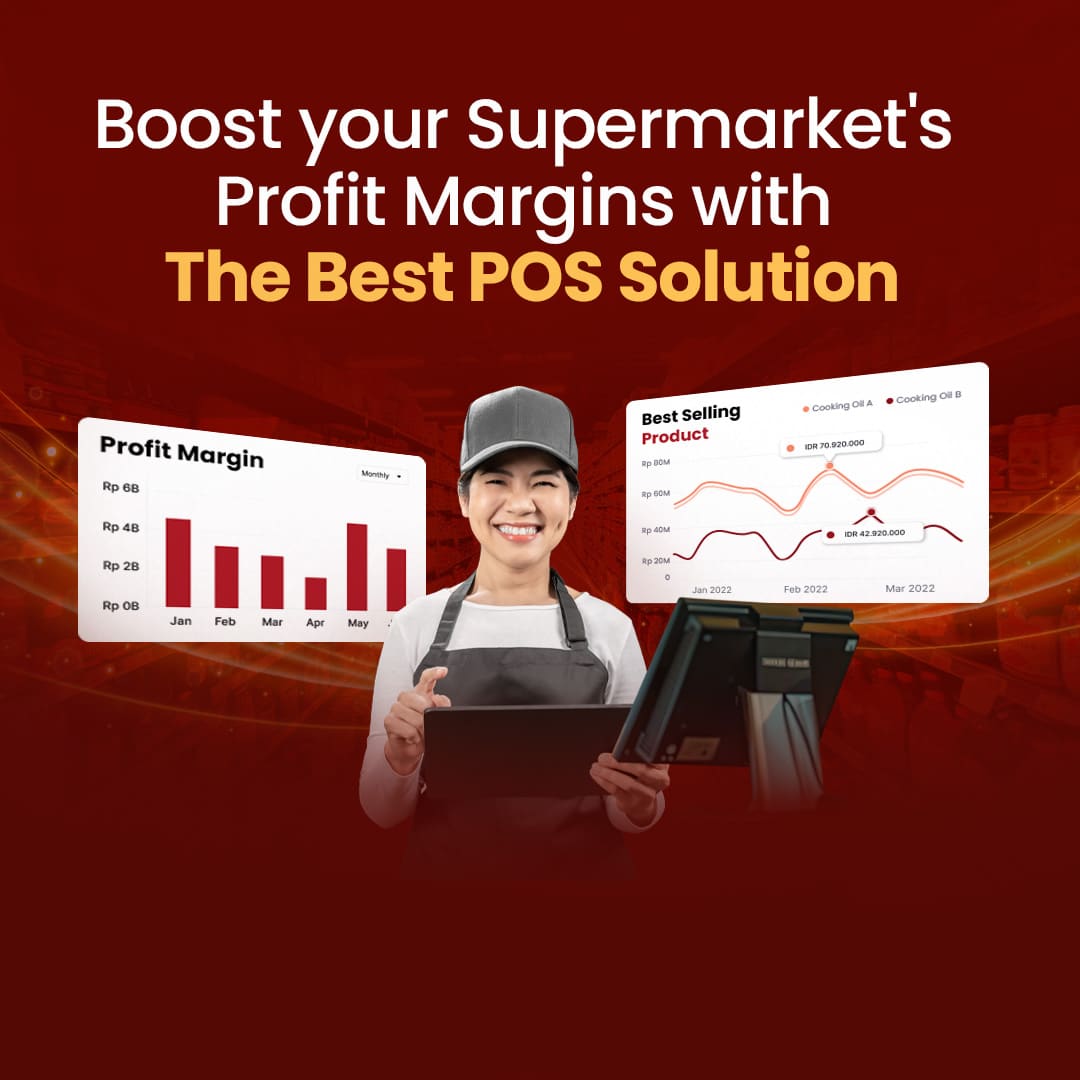Choosing the right system is crucial as it impacts a business’s ability to streamline operations and drive growth. The decision between POS and ERP systems affects key areas such as sales efficiency, inventory management, and financial accuracy.
A well-suited system ensures businesses can optimize resources, reduce manual tasks, and improve productivity. On the other hand, selecting the wrong solution may lead to operational inefficiencies and missed opportunities.
Combining the strengths of both systems can be the ideal solution for businesses seeking to maximize their operational potential. HashMicro offers integrated POS and ERP solutions tailored to meet diverse business needs.
With HashMicro’s POS solutions, businesses can centralise operations, improve data accuracy, and optimise workflows. Whether you need a sales tool, an all-in-one system, or both, try our free demo to see how HashMicro offers the flexibility to help your business grow.
Table of Content:
Table of Content
Key Takeaways
|

Definition of Point-of-Sales (POS) System and ERP System
When running a business, whether it’s a retail store or a service-based company, managing sales, inventory, and customer relationships effectively is crucial. This is where Point-of-Sales (POS) software and Enterprise Resource Planning (ERP) systems come into play.
While both systems are designed to help streamline operations, they serve different purposes and offer distinct functionalities.
What is a POS System?
POS stands for Point of Sale, which refers to the place or system where a transaction between a business and its customer occurs. It’s the point at which a customer makes a payment in exchange for goods or services.
POS is commonly associated with retail businesses, restaurants, and any establishment where products or services are sold to customers. Historically, businesses placed POS near store exits to increase the rate of impulse purchases made by departing customers.
Diverse point-of-sale locations, on the other hand, can provide retailers with additional opportunities to micro-market specific product categories and influence consumers earlier in the sales funnel.
Now, it can take place in a physical store, where point-of-sale terminals and systems are used to process credit card payments, or in a virtual sales point, such as a computer or mobile electronic device. The latter is usually an option for stores or businesses that do not have a physical store for holding such interaction with their customers.
Hashy AI Fact

Need to Know
More businesses are shifting from traditional to automated management, including POS. AI for POS improves transaction accuracy, streamlines inventory, and offers valuable customer insights, enhancing efficiency and boosting sales.
Request a free demo today!
What is an ERP System?
ERP offerings have evolved over the years from physical client server-based software to cloud-based software that enables remote, web-based access. In its simplest form, the definition of an ERP (Enterprise Resource Planning) system is that it is the bridge that connects every computer system in a large organization.
Without an ERP system, the optimization of each department’s system would be only for its unique tasks. On the other hand, with the ERP system, each department still has its own system. But, it only takes one application and one interface to access all of the systems.
ERP gathers data on the activity and state of various divisions and makes it available to other parts for productive use. By connecting information about production, finance, and human resources, ERP applications can assist a business in building its awareness.
If you are interested in improving business efficiency using a comprehensive ERP POS system solution, you can try a free demo and consultation with the HashMicro team. Improve efficiency with the best ERP Point of Sale software in Singapore.
Benefits of Point-of-Sale (POS) Software and ERP Software
So, what is the difference between ERP and POS? Both Point-of-Sale (POS) software and Enterprise Resource Planning (ERP) software offer unique benefits that can significantly enhance efficiency and streamline operations. While each system plays a distinct role, integrating them can provide even greater advantages for businesses looking to optimise their processes.
Advantages of POS
Modern ERP POS systems are frequently programmable or extensible via third-party software programs. These systems can be customized to meet unique requirements. For instance, many retailers use point-of-sale systems to manage loyalty programs that reward frequent buyers with points and offer discounts on future purchases.
By automating the transaction process and tracking critical sales data, electronic point-of-sale software systems streamline retail operations. A fundamental system consists of an electronic cash register and software that manages the data collected from daily purchases. Retailers can enhance functionality by implementing a network of data-collection devices, such as card readers and barcode scanners.
What can Retailer do with this system?
Retailers can monitor pricing accuracy, inventory changes, gross revenue, and sales patterns, depending on the software features. Using integrated technology to track data enables retailers to identify pricing or cash flow discrepancies that could result in profit loss or sales interruption.
Retailers can use point-of-sale systems that track inventory and purchasing trends to avoid customer service issues such as out-of-stock sales and to tailor purchasing and marketing to consumer behavior. In addition, you can also take advantage of retail POS software designed specifically for the retail industry so that your business becomes efficient.
For this, cloud-based ERP POS system are increasingly in use, particularly for large online merchants, to track and process numerous purchases. Cloud-based systems can greatly reduce the upfront costs of implementing a POS and ERP system for many businesses.
Benefits of ERP Software
With its ability to act as a bridge for various departments, companies also apply the system for various reasons. The reasons are mainly expanding business, and obviously, improving their operations.
In addition, ERP applications are said to be able to eliminate costly duplicates and incompatible technology. Often, the process integrates accounts payable, inventory control, order monitoring, and customer databases into a single system.
Furthermore, ERP systems are effective in facilitating communication and information sharing between departments and the rest of the company. With ERP systems, companies could efficiently improve their productivity and their accuracy in making decisions.
Even if it comes as a system, ERP could easily be one of the money-making factors. Accurate and comprehensive reporting enables businesses to plan, budget, forecast, and communicate the state of operations. Then the information will be available to both internal stakeholders and external stakeholders, such as shareholders.
Also Read: Best ERP Software Recommendations – Explore the best software options available this year and find the right fit for your business needs.
The Differences Between POS Software and ERP Software
In the dynamic business management landscape, understanding the distinctions between Point-of-Sale (POS) software and Enterprise Resource Planning (ERP) software is essential for any business leader.
POS software primarily focuses on facilitating sales transactions, managing checkout processes, and tracking inventory in retail environments. It enhances the customer experience by streamlining sales operations, making it easier for businesses to handle purchases efficiently.
Conversely, ERP software offers a comprehensive solution that integrates all core business functions—such as finance, human resources, supply chain management, and manufacturing—into a single system. This integration allows for seamless data sharing across departments, which fosters better strategic decision-making and enhances overall operational efficiency.
Think of it this way: POS software is your sales and customer interaction expert at the checkout counter, while ERP software is the big-picture manager running your entire business. Understanding these differences helps you choose the right tool for your operations that keeps things running smoothly and sets your business up for growth and success!
POS vs ERP Program: Which One is Better?
It is critical to distinguish between point-of-sale software and other business management systems such as ERP Point-of-Sale. In brief, both may have offered similar features, but they are targeted at distinct markets.
POS software refers to the new generation of automated cash registers. It manages multiple payment methods, records, and tracks customer orders, manages promotions, and generates an invoice, among other functions. Choosing the best POS software can enhance your business operation.
On the other hand, as the name implies, an enterprise resource planning (ERP) system is a software solution that manages day-to-day business operations such as formulation, procurement, sales, research and development, quality control, and compliance.
ERP connects independent but interdependent departments and ensures the smooth flow of informational data between them.
Conclusion
Up to this point, the two might look very different. But, we hope the explanation provides the best answer to the confusion on the similarities of these two. POS software refers to the new generation of automated cash registers.
In comparison to ERP vs POS, ERP is a software solution that manages day-to-day business operations such as procurement, sales, etc. To support the idea, it is possible to combine the two into one thing.
A POS ERP program could provide immediate access to real-time data, such as customer information and purchase history, enabling staff to make more informed recommendations. This would enhance cross-sells and upsells.
You should also choose the best ERP vs POS program to conduct company transactions quickly and efficiently for the company. One of the solutions to this problem is the ERP Point of Sale Software from HashMicro.
HashMicro’s POS ERP program can be your choice to process payments, manage promotions, and automatically generate comprehensive reports on a single platform. This ERP POS system is customizable and suitable for use by various industrial sectors.
You will also get many benefits, such as offline/online transactions, a web-based system, easy control of all branches, and useful analytic data. You can consider HashMicro POS ERP software by calculating prices.
To make the implementation more accessible, businesses can also benefit from the CTC Grant, which covers up to 70% of the system cost. Take this opportunity to explore how our solution can elevate your business efficiency through a personalized demo.

FAQ about POS vs ERP Program
-
What is the difference between ERP system and POS system?
A POS system consolidates and provides access to all your transaction data within one platform, whereas an ERP system goes beyond resource management to include strategic planning and business growth. ERP involves not just automation, but complete digitization of processes.
-
What are the four types of POS systems?
The four primary types of POS systems are: legacy, tablet-based, mobile, and cloud-based. The latter three are considered “modern” POS systems and are generally more efficient and cost-effective compared to legacy systems.
-
How to integrate ERP with POS?
Basic integration involves manually transferring sales data from the POS to the ERP. For a more automated solution, both systems can be linked via web services or similar tools, allowing seamless data transfer between POS and ERP, such as inventory levels.























































